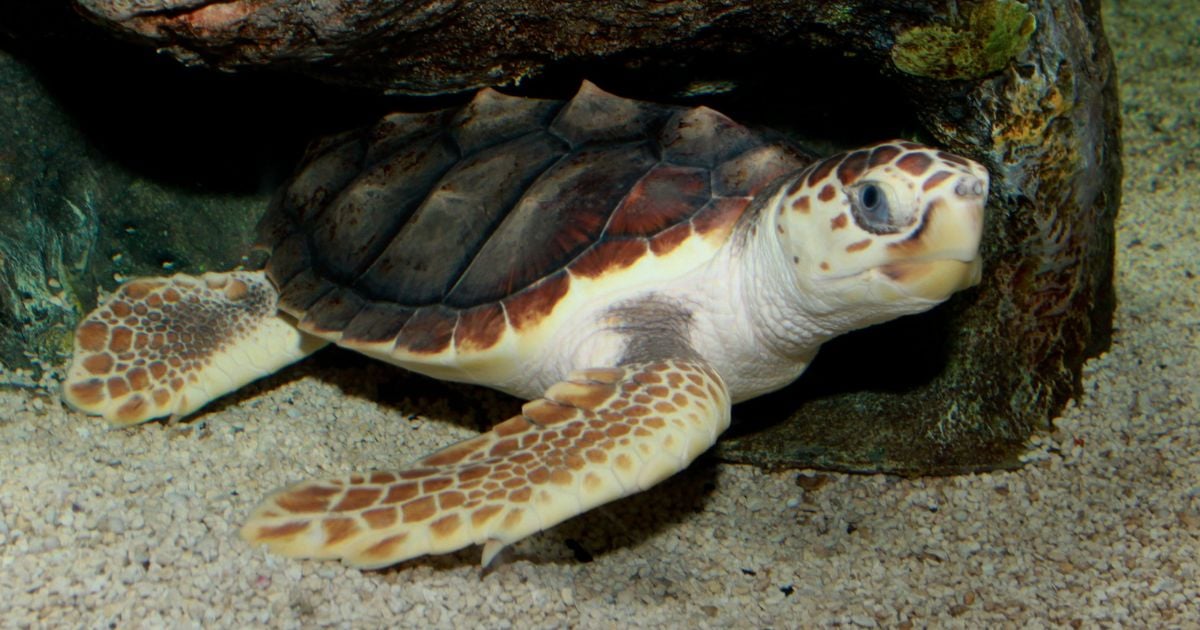
People have expressed concern about the alarming increase in the illegal sale of sea turtle meat, specifically loggerhead turtles (Caretta caretta), being conducted through social media in Cuba.
Xenia Rivery warned last Friday on Facebook that this practice is not only illegal but also considered highly irresponsible and cruel as it endangers an already vulnerable species.
"Don't buy turtle meat," Rivery warned, suggesting that the demand for this product fuels the existence of an illegal market, thereby promoting the trafficking and poaching of this vulnerable species.
"Its meat is sold illegally in Cuba, reaching the tables of some Cubans through poachers," he emphasized.
In the comments section, both the author of the post and the internet user Juan Carlos Sáenz de Calahorra agreed that in Gibara, in the province of Holguín, they were offered turtle steak in restaurants in the past, although they did not specify whether these were state-owned or private establishments.
The World Conservation Union (IUCN) classifies the Caretta caretta as a species at risk of extinction, indicating a high risk level in the near future.
Despite this classification, poachers continue to catch and trade its meat illegally.
An example of this is that authorities confiscated 60 kilograms of clean turtle meat from a Cuban who was engaged in underwater fishing in the Bufeadero area, near the National Nuclear Power Plant in the province of Cienfuegos.
Along with the loggerhead, the hawksbill and the green turtle are three species of sea turtles that are critically endangered and are constantly threatened by demand in the black market.
To protect them and raise awareness in the population about the need to preserve their nesting areas, various actions have been implemented in Cuba in the past to conserve these species.
One of the most recent initiatives is the monitoring and protection of the hawksbill turtle (Eretmochelys imbricata) led by specialists from the company Flora y Fauna, in the National Park Jardines de la Reina, located on the southern coast of this central province of Cuba.
However, when scarcity intensifies, it becomes very difficult to prevent fishing practices that jeopardize ecosystems.
The food crisis in Guantánamo, exacerbated by the poor management of the Cuban regime, has forced residents to seek alternative means of subsistence, putting the blue crab in the municipality of Imías at risk due to the overexploitation of this local natural resource.
The Food Monitor Program (FMP) initiative indicated that the overfishing of blue crab in Imías is inseparable from the broader context of the food crisis in Cuba, which affects the entire population.
In 2020, the Cuban government dedicated the last ordinary edition of the Official Gazette to publicizing all legal regulations related to fishing activities in the country. Among the most important aspects are the authorizations and requirements necessary to engage in this practice, as well as the prohibitions and restrictions that apply.
The Fishing Law, which was approved in July 2019, stipulates that only legal entities or individuals, whether Cuban or foreign and over the age of 17, may engage in this activity, provided they have the necessary licenses. These licenses will be issued for a period of one calendar year (from January to December) and may be suspended at any time due to violations of the law.
The Gaceta also published the Regulations of the Law, which was signed on December 24, 2019, and its content includes a chapter listing actions deemed violations of the legislation.
According to the document, these restrictions include unauthorized fishing, damaging coral reefs with any naval equipment, and catching endangered species or those during their breeding season.
Filed under: